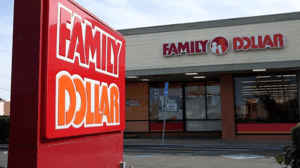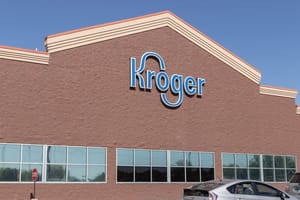Marsh sales OK'd; remaining stores to close
Kroger to eye similar events as new builds slow

Judge Brendan Shannon of the U.S. Bankruptcy Court in Delaware this week approved Fresh Encounter’s bid for 15 locations of Marsh Supermarkets.
The sale, which will provide the Findlay, Ohio-based operator with store leases and their respective inventory, went for $7.8 million. A $16 million offer from an affiliate of Kroger Co. for 11 Marsh stores, excluding their inventory, was approved last week.
Marsh in the meantime said 18 stores that were not sold at auction would close July 20. Liquidation sales at those stores — as well as the 11 sites Kroger acquired, which did not include inventory — began this week.
Fresh Encounter currently operates stores throughout Ohio and Eastern Indiana under the Chief, Great Scot, Community Markets and Sack n’ Save banners. A company representative wasn’t immediately available for comment, but an official quoted in a local report last week said the stores would be re-branded on a regional basis “with something that makes sense.”
Peter J. Solomon Co. advised Marsh on its sales.
Speaking Wednesday at the Oppenheimer Consumer Conference in Boston, Kroger CFO Mike Schlotman said the company would have its eyes on similar bankruptcy situations as a means to grow while it has slowed the rate at which it is building new stores. Although new builds still exceed the cost of capital, returns are not where Kroger would like them to be, due primarily to a high level of competition, he said.
“If I'm putting 99-cent milk in a new store, it's going to suffer the same way as any other store in that market,” Schlotman said.
In the meantime, the rift between retailers with scale benefits and those without is widening, Schlotman believes, and will lead to additional situations like the Marsh bankruptcy, providing opportunities to acquire sites for less. “There are a lot of operators out there who are struggling today for a variety of reasons, primarily because they don't have the scale to compete over time.
“People lose sight of how much business is out there in the hands of traditional supermarket operators, and then how much of that is held by smaller players who don't have our breadth and scale,” he added. “There's a lot of change out there the size of [Marsh], and I just think that opportunity is going to be there.”
Schlotman said certain Marsh stores in Indianapolis were especially valuable due to zoning restrictions that made competitive intrusions especially difficult. “I'm happy that I didn't open up all of the stores over the last four years that our Indianapolis division wanted because I would have spent a lot more money,” he said.
About the Author
You May Also Like






